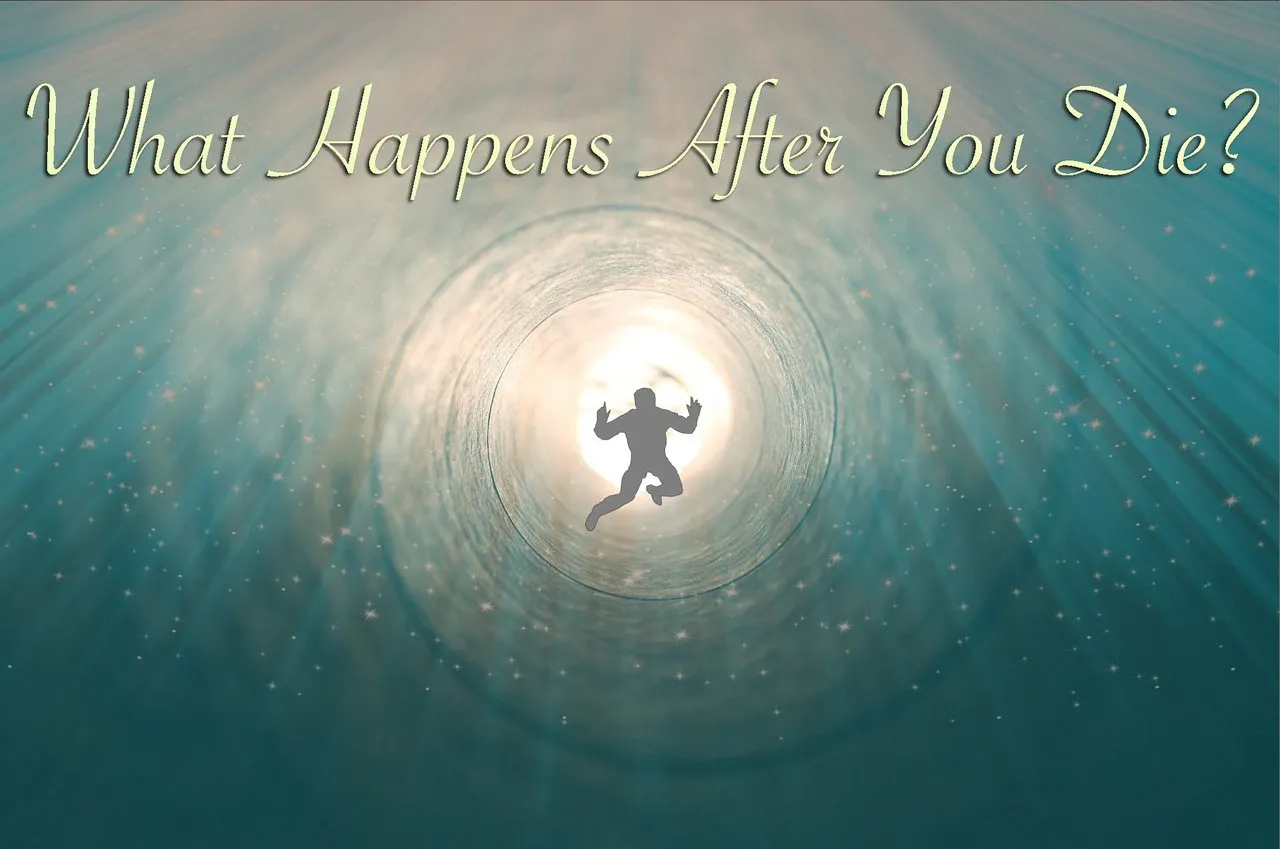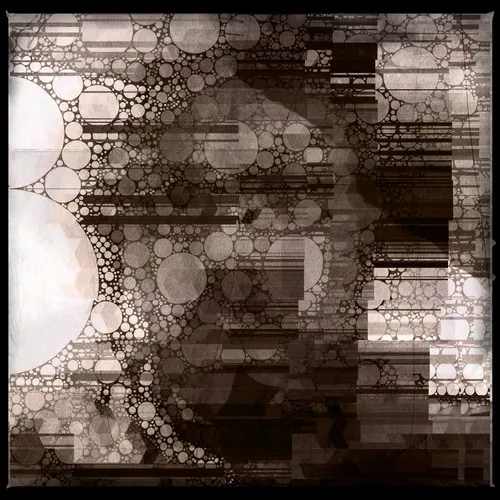I was talking to my oldest son the other day. He came to me and asked me the question. The big one. The biggest of the big. The one that many of us ask and wonder about our entire lives and no one has an answer to, though many pretend they have answers to it. The one that countless books have been written about and countless more groups have been formed with it in mind. Yes, he asked me:
"What happens after you die?"

What indeed... How am I suppose to answer this? He's only ten.
As many of you may know, I am a Zen Buddhist, or at least that is the belief system I have mainly followed and been influenced by for the past 30 years. So my thinking on this issue is influenced by that way of thinking. A while ago I shared a story summing up the Zen view of what happens after this life, or at least one of them, one of the ones floating around the Sōtō school of Zen. You can read that here → Are You an Old Soul?.
But the truth is, Zen doesn't like to talk about it. That isn't because the subject is verboten, it's simply because it is seen as a waste of time thinking about such things. This is traditionally what the Buddha taught whenever he was asked about the matter, and Zen maintains that teaching. We will all find out what is after this life someday. It's not exclusive info, just info that is time delayed. But we will all become privy to it someday. So why waste time worrying about it, stressing about it, or trying to gain access to it early? Better to focus on the here and now. Better to—
Be here now.

If you dive into the Buddhist mythology you can find all kinds of stories on the matter. Different levels of rebirth, different worlds, etc. The thing about Buddhism is it was kind of like the Christian church as it was expanding—it just adopted and incorporated any preëxisting beliefs in an area. So what you'll find is a lot of these stories of the afterlife actually come from pre-Buddhist religions. For example, a lot of the more colorful aspects of Tibetan Buddhism come from the preëxisting Bon religion. So too in Japan; many schools of Buddhism here adopt a lot of Shinto and other preëxisting ideas. I'll have to write about the journey into Meido one of these days. That's a trip! Both figuratively and literally. Well, literally if you believe it's true, anyway. ;)

The Buddhist Wheel of Life. Photo by Stephen Shephard
All these stories are fun to read sometimes, but we really don't worry about them too much, they are just stories, that's all: nothing to focus on or worry about. In all my time I've actually never once heard a Zen teacher talk about the matter. Oh I've heard them asked many times, but they always brush the topic away quickly. If any Zen masters do know the truth, they ain't telling. And that's as it should be. I can imagine it's like trying to describe an enlightenment experience. Very few experienced Buddhists will ever try, because it will invariably be misunderstood by anyone who hasn't had a similar experience. Better to keep quiet and let other people discover it for themselves. If there is some insight into what is after death that can be gained from intense meditation, better to let everyone discover it for themselves, because any attempt to put such a thing into words will be misunderstood.
All that in mind, what can we say about what happens after you die? Not much. We'll be removed from this life. If there is something of us that continues, we haven't devised a way to detect this yet or we don't have sensitive enough instruments to detect it. What we can say about the possibility of that is if we do continue in some way, we probably won't be able to interact with the world we just left anymore, at least not in a way that the majority of people will notice. And... that's about all we know for sure. Not much.


Image by Gerd Altmann from Pixabay
I knew my son wouldn't be satisfied with a "no one knows" and I was right. So I presented some options. Some people believe we are reborn into another life as another person. Some believe that we move to some kind of paradise where we might or might not meet a creator god. Some believe we will wake up as if from a dream and rejoin that life, quickly forgetting about this one. Some believe we will become ghosts and remain here but not be able to interact with it anymore.
I didn't add the atheist idea of nothing, because I either don't think he could understand the idea or think it would terrify him. At his age some things are better not said.
He asked what I believed and I said I don't have any idea, but that I would lean towards thinking we continue in some way, although what that may be I don't know. He seemed to accept this. He grew silent and thought about it for awhile. I let him think and watched without comment. Finally he said "In my next life, I hope you are also my papa there too."
I'm sure most kids would say something similar, but it was a sweet thing to say and I hugged him, saying "I hope so too".
Conversations like this with my kids are always interesting. I enjoy responding to their curiosity, but I also don't want to fill their heads with my own beliefs, so I try to walk the line of giving them both or all sides and letting them decide things for themselves. I look forward to many more conversations like these and I hope they will continue even after the difficult teenage years start.

As for this specific topic, while I want him to make up his own mind, I also want to stress that we shouldn't worry too much because that is later and we should enjoy now, because now is all we really have. I told him as much after the hug. He's heard it before so he knows it well. He broke into a open mouthed grin and said, "Ok, can I play my Switch them? That can help me enjoy right now." I usually only allow a little Switch everyday and only after homework. I smiled at his attempt to be clever and decided to let him have a little.
(Title graphic made from an image by Karin Henseler from Pixabay)
❦
 |
David LaSpina is an American photographer and translator lost in Japan, trying to capture the beauty of this country one photo at a time and searching for the perfect haiku. |
